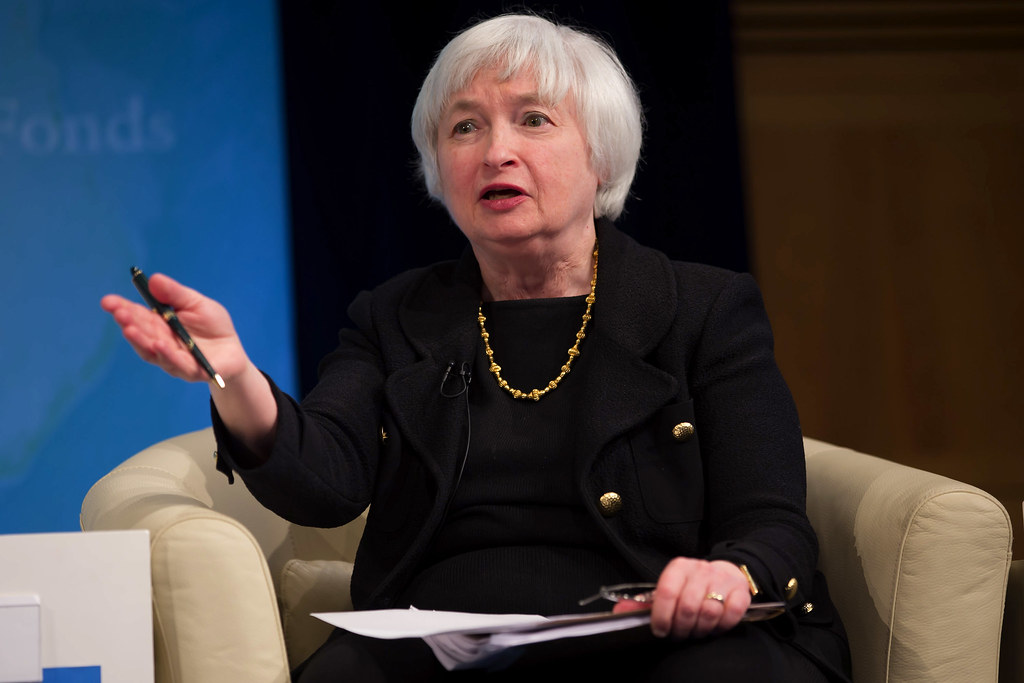How the US will prevent Russia from paying the bonds

Joe Biden's administration will begin blocking Russia from paying American bondholders. All the details in the New York Times article
The Biden administration will begin blocking Russia from paying American bondholders, increasing the likelihood of the first Russian foreign debt default in more than a century.
An exemption from US sanctions has allowed Russia to continue paying its debts since February. But this waiver will expire on Wednesday and the United States will not extend it, according to a notice released Tuesday by the Treasury Department. As a result, Russia will not be able to pay billions of dollars in debt and interest on bonds held by foreign investors.
Biden administration officials debated whether to extend the so-called general license, which allowed Russia to pay interest on the debt sold, but ultimately determined that a Russian default would not have a significant impact on the global economy and left. that it expires – writes the New York Times .
Treasury Secretary Janet L. Yellen said at a press conference last week that the exemption was created to allow for an "orderly transition" so that investors could sell the securities. The exemption has always been foreseen for a limited period of time. He noted that Russia's ability to borrow has already been substantially disrupted.
"If Russia is unable to find a legitimate way to make these payments, and technically defaults on its debt, I don't think this really represents a significant change in Russia's situation," Yellen said. "Russia is already cut off from global capital markets and would continue to be."
While the economic impact of a Russian default may be minimal, it is an outcome that Russia has tried to avoid and which represents an escalation of US sanctions. Russia has already unsuccessfully attempted to make bond payments in rubles and has threatened to take legal action, arguing that it should not be in default if it is not allowed to make payments.
"We can only speculate what worries the Kremlin more than a default: the stain on Putin's economic management record, the damage to reputation, the financial and legal dominance that a default sets in motion, and so on," said Tim Samples. , professor of law at the University of Georgia's Terry College of Business and sovereign debt expert. "But one thing is pretty clear: Russia was eager to avoid this scenario, even willing to make unauthorized payments with valuable foreign currencies to avoid a major default."
Russia has two foreign currency bond payments due on Friday, both with clauses in the contracts that allow repayment in other currencies if "for reasons beyond its control" Russia is unable to make payments in the original currency. agreed.
Russia has to pay approximately $ 71 million in interest on a dollar-denominated bond due to expire in 2026. The contract provides for payment in euros, pounds and Swiss francs. Russia also has to pay € 26.5 million in interest on a euro-denominated bond due to expire in 2036, which can be redeemed in alternative currencies, including the ruble. Both contracts provide for a grace period of 30 days for payments to creditors.
Russia's finance ministry said Friday it had sent the funds to its paying agent, the National Settlement Depository, a Moscow-based institution, a week before the payment was due.
The Ministry of Finance stated that it has fulfilled its payment obligations. But more transactions with international financial institutions are needed before payments can reach bondholders.
(Extract from the press review of eprcomunicazione)
This is a machine translation from Italian language of a post published on Start Magazine at the URL https://www.startmag.it/economia/stati-uniti-bond-russia/ on Thu, 26 May 2022 07:46:42 +0000.
